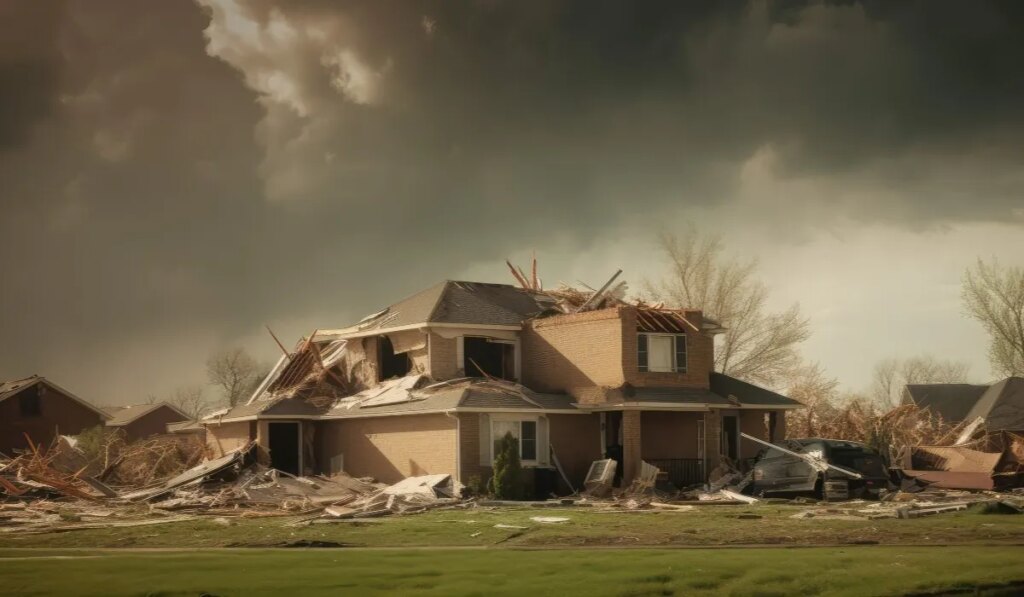Most Americans are seriously concerned that their retirement will be negatively impacted by rising costs and the uncertainty caused by sudden, unexpected and more frequent extreme weather events across the country. That’s according to the 2024 Annual Retirement Study Allianz Life Insurance Company of North America.
More than half of U.S. adults surveyed (56%) say they are anxious about the rising costs, financial losses and health-related impacts that extreme weather events could have on their future. A quarter of respondents ranked “the risk of rising costs, loss of insurance, or damage from extreme weather or natural disasters as one of the top three risks to retirement income,” the results explain.
82% of respondents also said having a financial plan designed to alleviate some of these concerns might help support what they want to do later in life.
It found that climate-induced concerns about retirement also vary widely across generations and races.
“Millennials (70%) are more likely to have this concern than Generation X (53%) or baby boomers (32%),” the results explain. “More Hispanic respondents (66%) than Asian/Asian American (57%), Black/African American (50%) and White (55%) respondents feel anxious.”
Lorinda Niemeyer, head of sustainability at Allianz Life, described the natural interplay between extreme weather events and financial anxiety, specifically how it impacts retirement — which, for most Americans, Reliance on a fixed income for retirement.
“As natural disasters become more frequent, more severe and more costly, Americans are starting to realize the risks they may pose to their retirement savings,” she said. “This is not just a disaster. The cost of recovery after it happens. For many, extreme weather is adding to daily living costs, insurance costs and other ongoing expenses that are difficult to absorb if we don’t plan for them.
But Niemeyer said the vast majority of respondents (82%) saw financial planning as a way to mitigate some of the impact, which could be a positive sign overall.
“Extreme weather has the potential to erode wealth, just like other risks of a retirement strategy such as inflation and increased medical costs,” she explains. “A financial professional can help develop a comprehensive retirement strategy that addresses financial costs and the risk of extreme weather to help protect your finances and overall lifestyle.”
Last year, a financial columnist and consultant business insider expressed some of the ways in which climate issues may directly impact retirement and housing plans.
“With ice caps melting and sea levels rising, the idea of buying a home during a time of dramatic, extreme or unpredictable weather changes is ominous,” writes accredited financial advisor Jackie Lam.
“Suppose I want to buy property in an area prone to coastal flooding, storms, intense heat, frequent and severe droughts, and wildfires. Do I need to move? Or, if I want to stay put, how much will I need to spend to renovate my property? home so that it can adapt to changes in weather?

